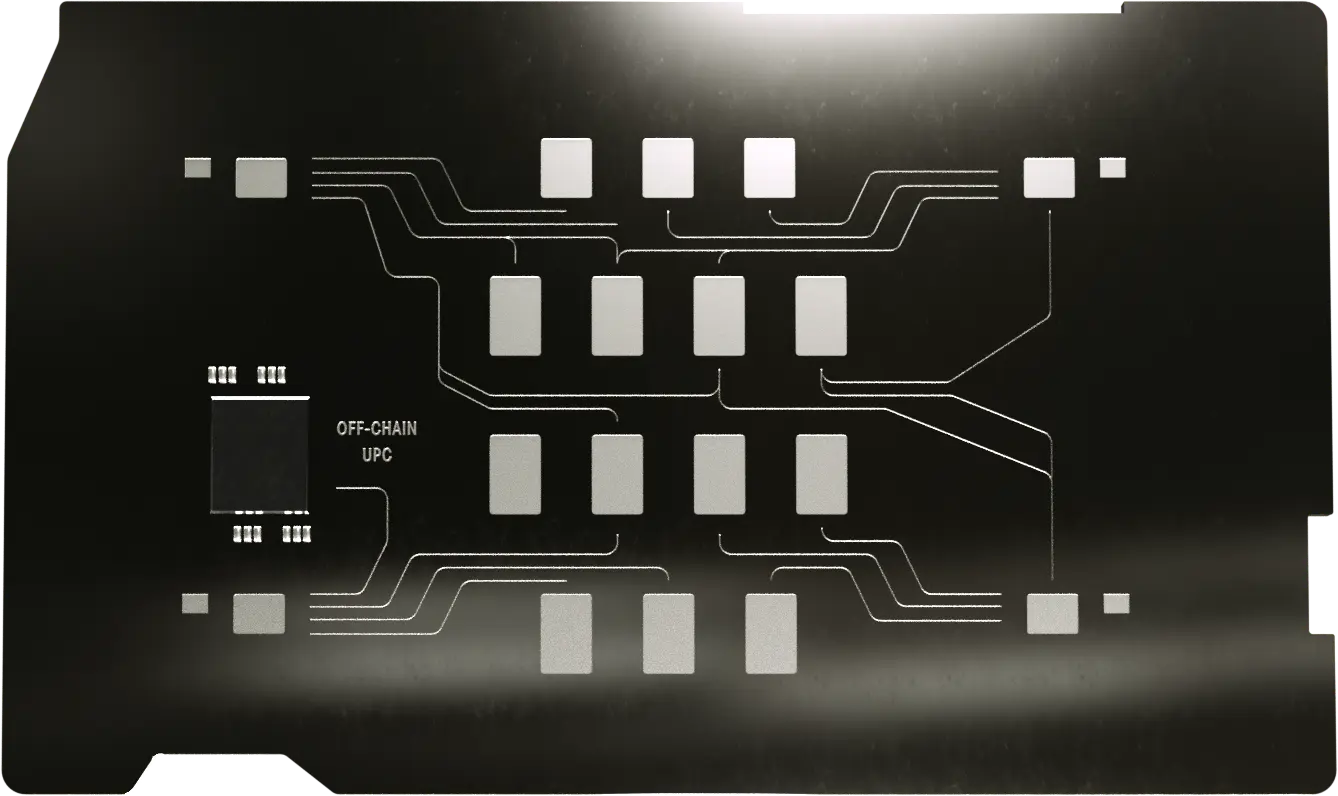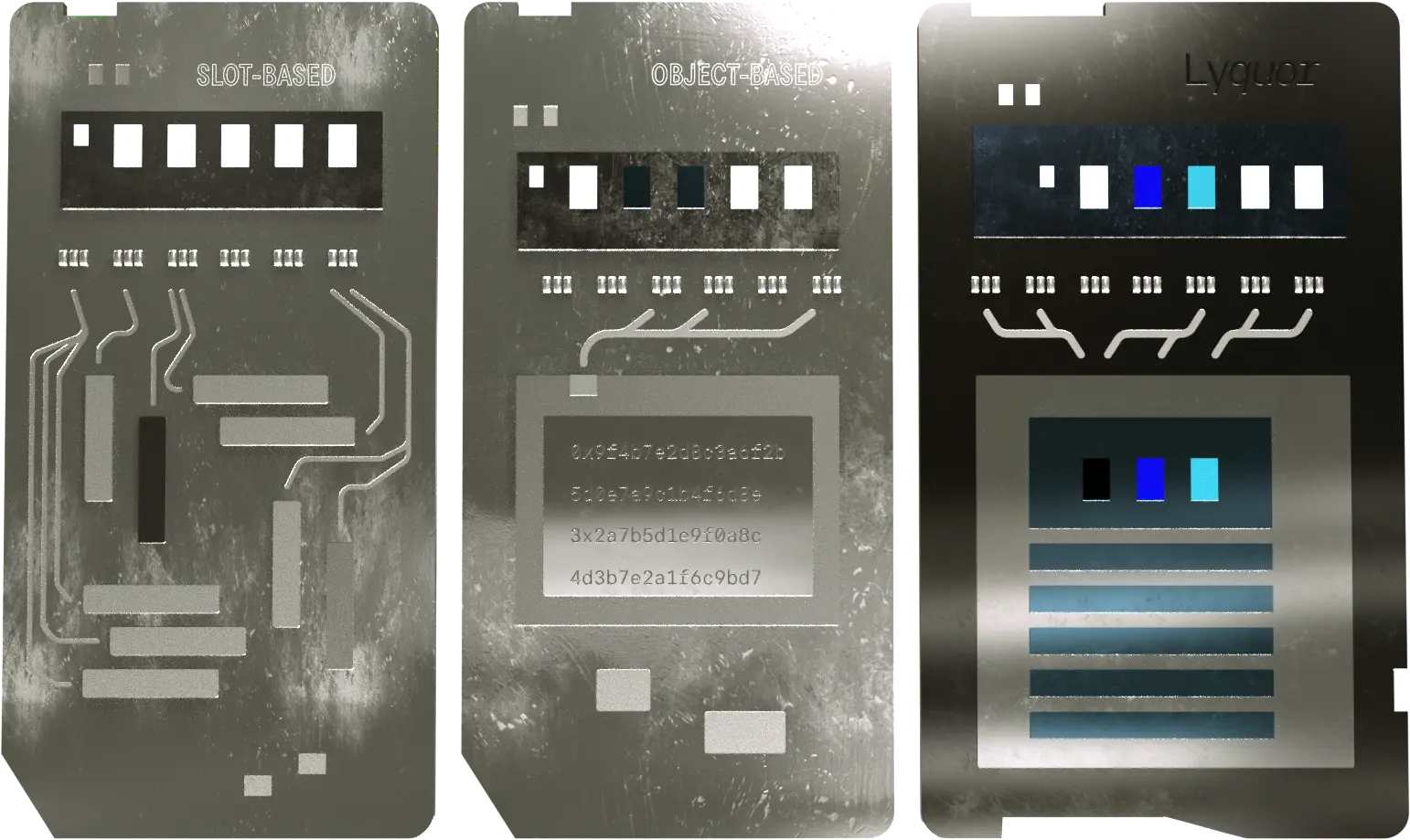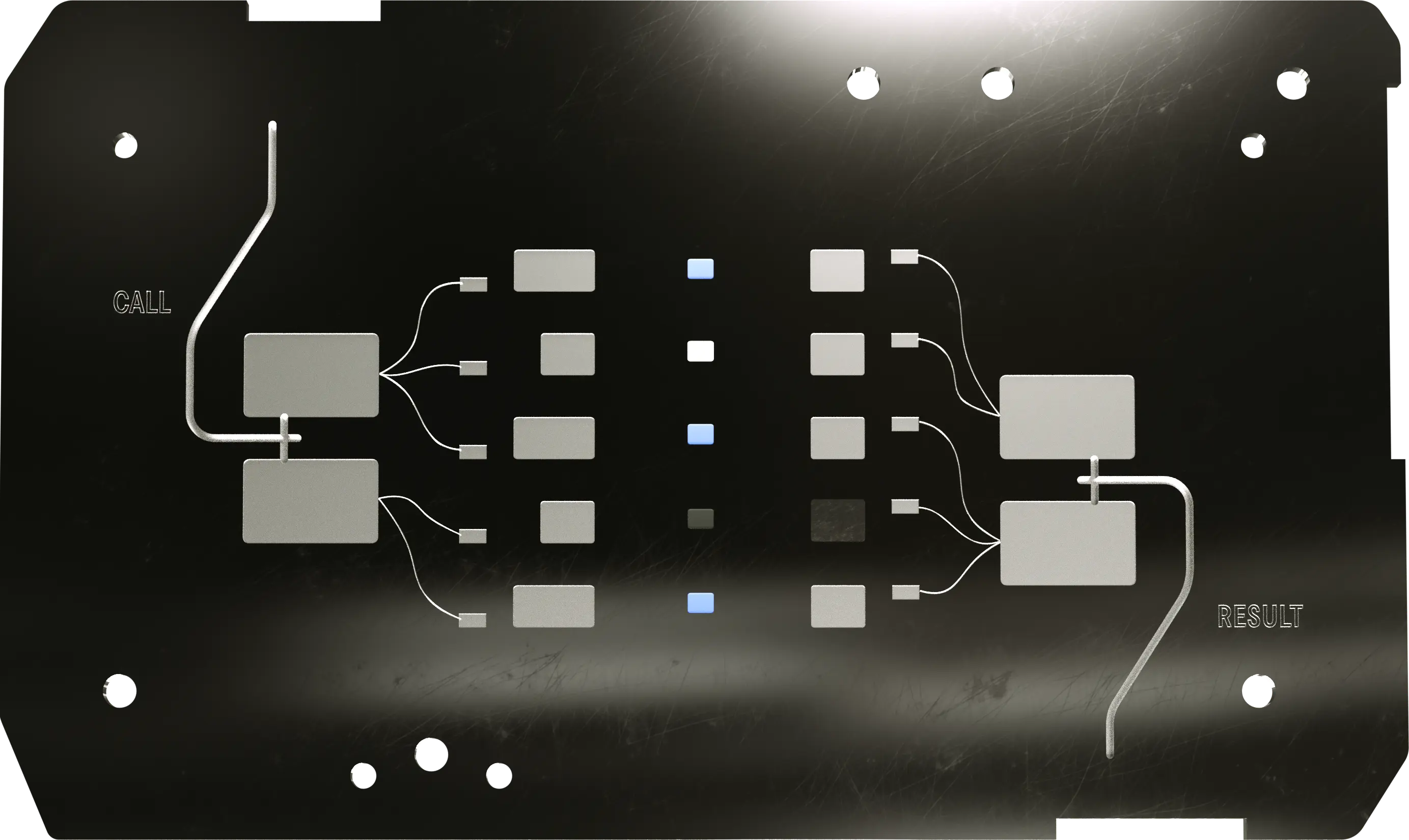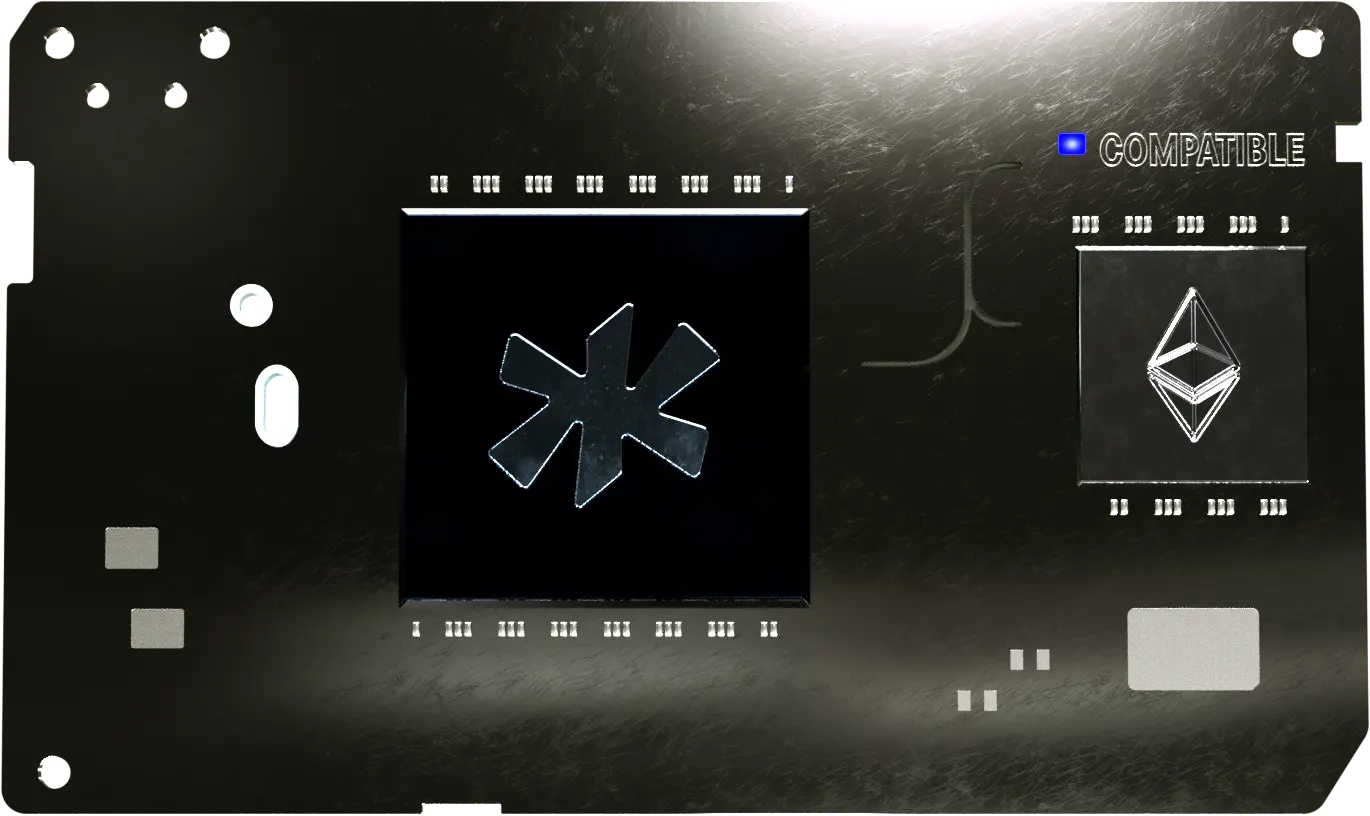loading...

Our Mission
Lyquor /Lye-kwur/ is a decentralized platform for Off-chain Ready smart contracts, hosted with choice.
Today’s decentralized apps are stuck between costly on-chain constraints and centralized infrastructure.
Layer-2s and Data Availability layers patch symptoms but don’t fix the root problem: the lack of a unified, reliable platform that both leverages the chain security and unleashes cloud efficiency.
Lyquor changes that by fusing on-chain and off-chain handling into a single, straightforward programming model,
where contracts are fast, composable, and selectively hosted.
Contracts turn into seamless services that scale on their own terms.
We're not here to work around blockchain limitations.
We're here to move past them.
Why Lyquor Works
Incentive-Aligned, Not Boring Layer-1 Staking
Developer-Defined Fees, Not Gas Games
Selective Hosting with Seamless Composability
Smart Services, Not Just Smart Contracts
Incentive-Aligned,
Not Boring Layer-1 Staking
Node operators choose which contracts (“Lyquids”) to host based on their actual value, not network mandates.
If a contract isn’t worth the resources, they simply opt out. No overpaying for universal execution.
Contracts define their own fee model and directly incentivize the nodes.
Users don’t need to pay per instruction. This moves towards cloud-style economics in a decentralized setting.
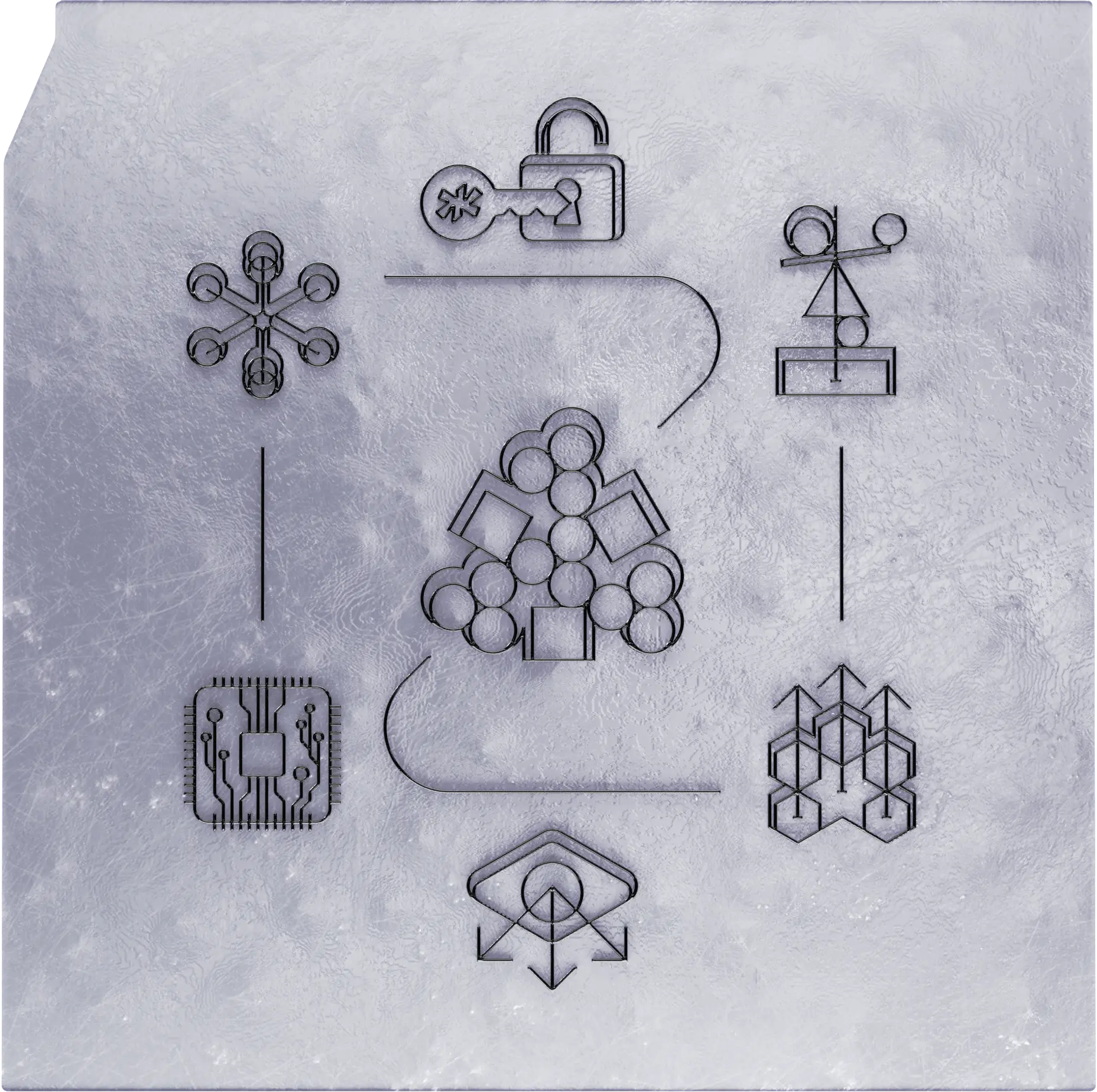
Nodes run only the Lyquids they choose—but global composability is preserved.
This not only solves L1’s scalability limits, it also enables resilient off-chain computation where nodes specialize by hardware (GPU, storage, ZK, etc.) without duplicating irrelevant workloads.
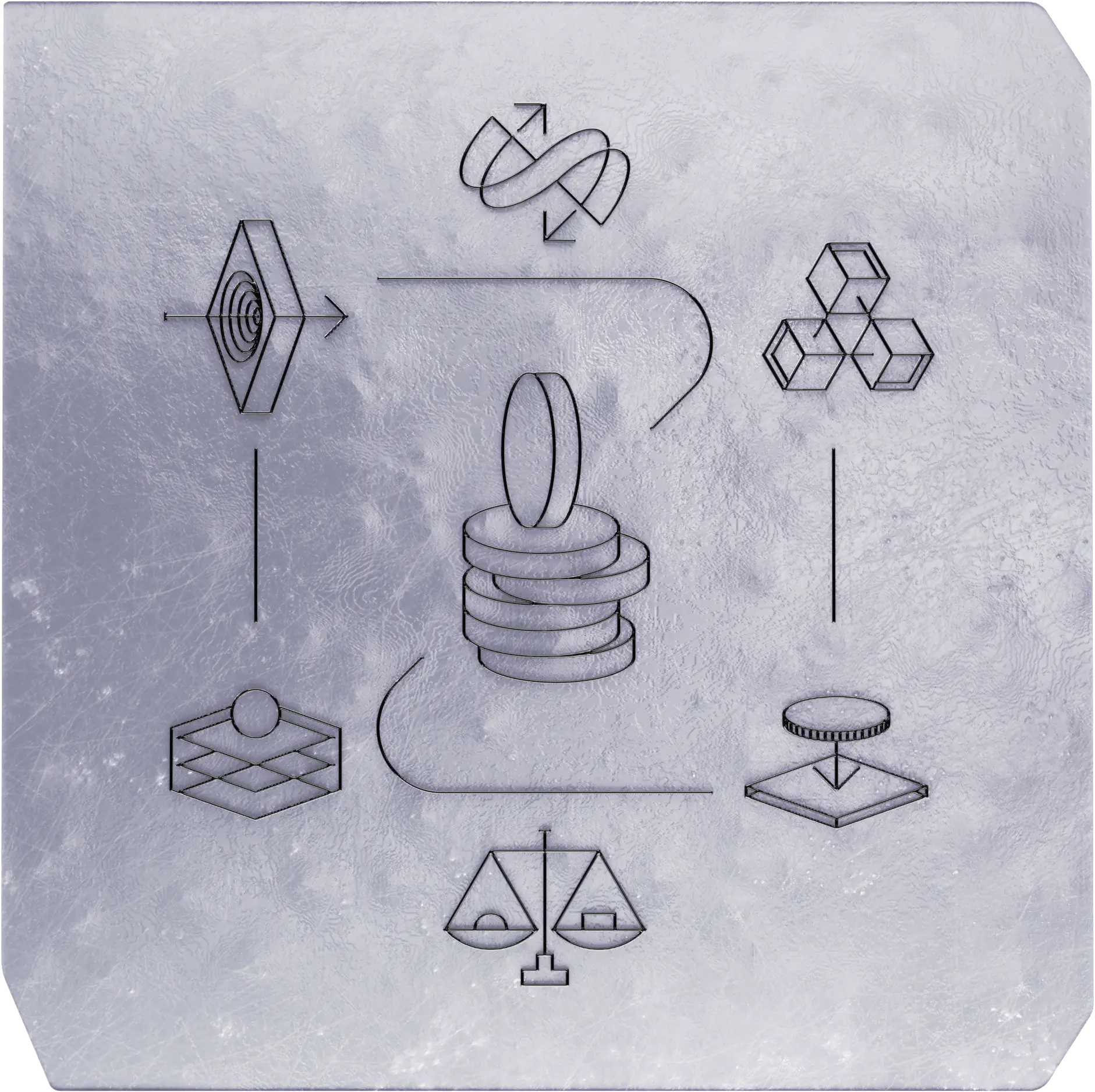
Lyquor fundamentally shifts fee negotiation from the blockchain level to direct agreements between Lyquid developers and node operators.
Instead of charing gas based on computational complexity, Lyquor treats blockchains only as notary services for recording state transitions, making on-chain costs proportional solely to input data size.
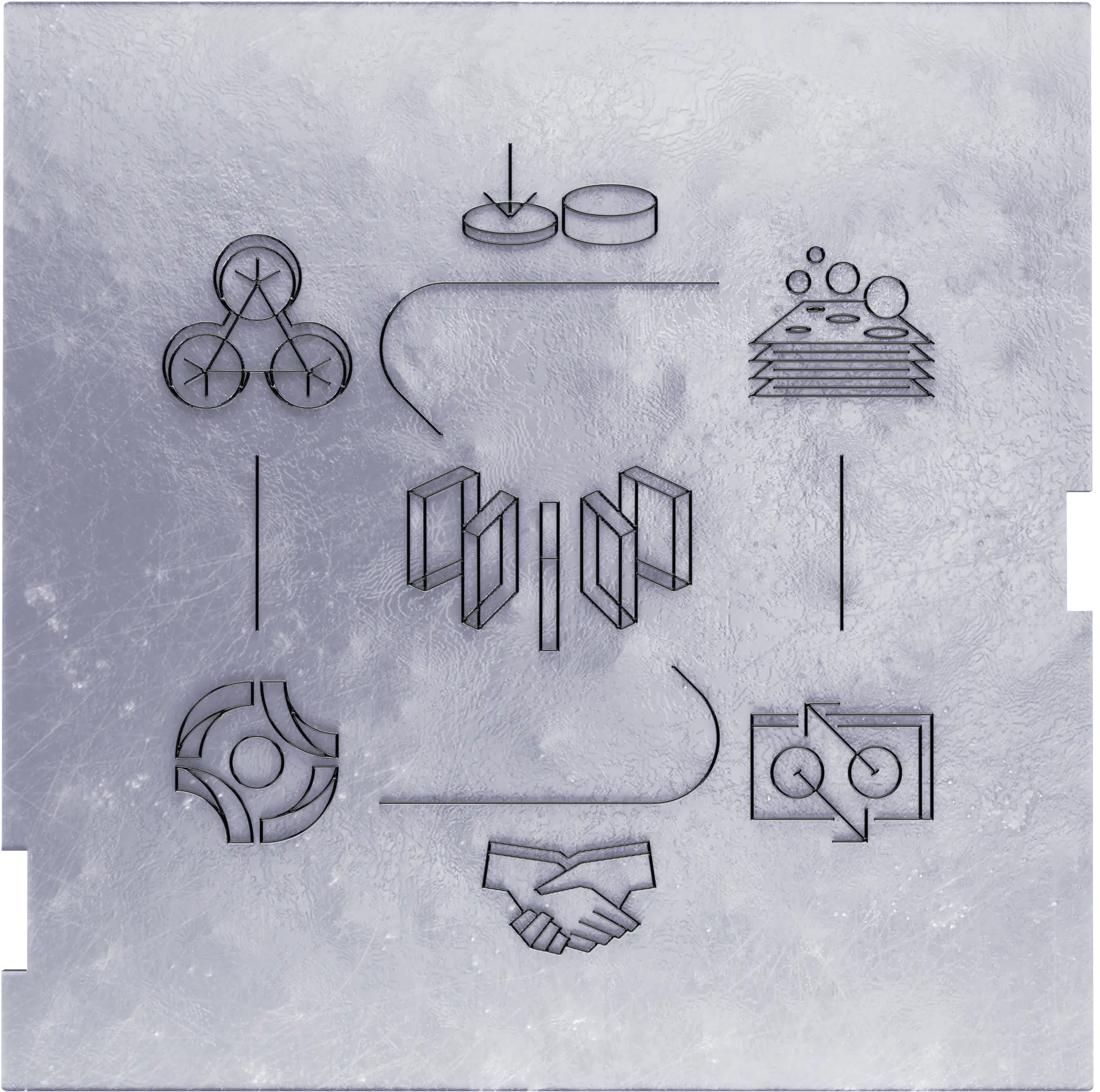
Lyquor supports more than token swaps and escrow.
Build decentralized AI orchestration layers, GPU clusters, or real-time coordination logic — all natively inside Lyquids.
No Kubernetes. No wrappers. Just permissionless, programmable infrastructure.
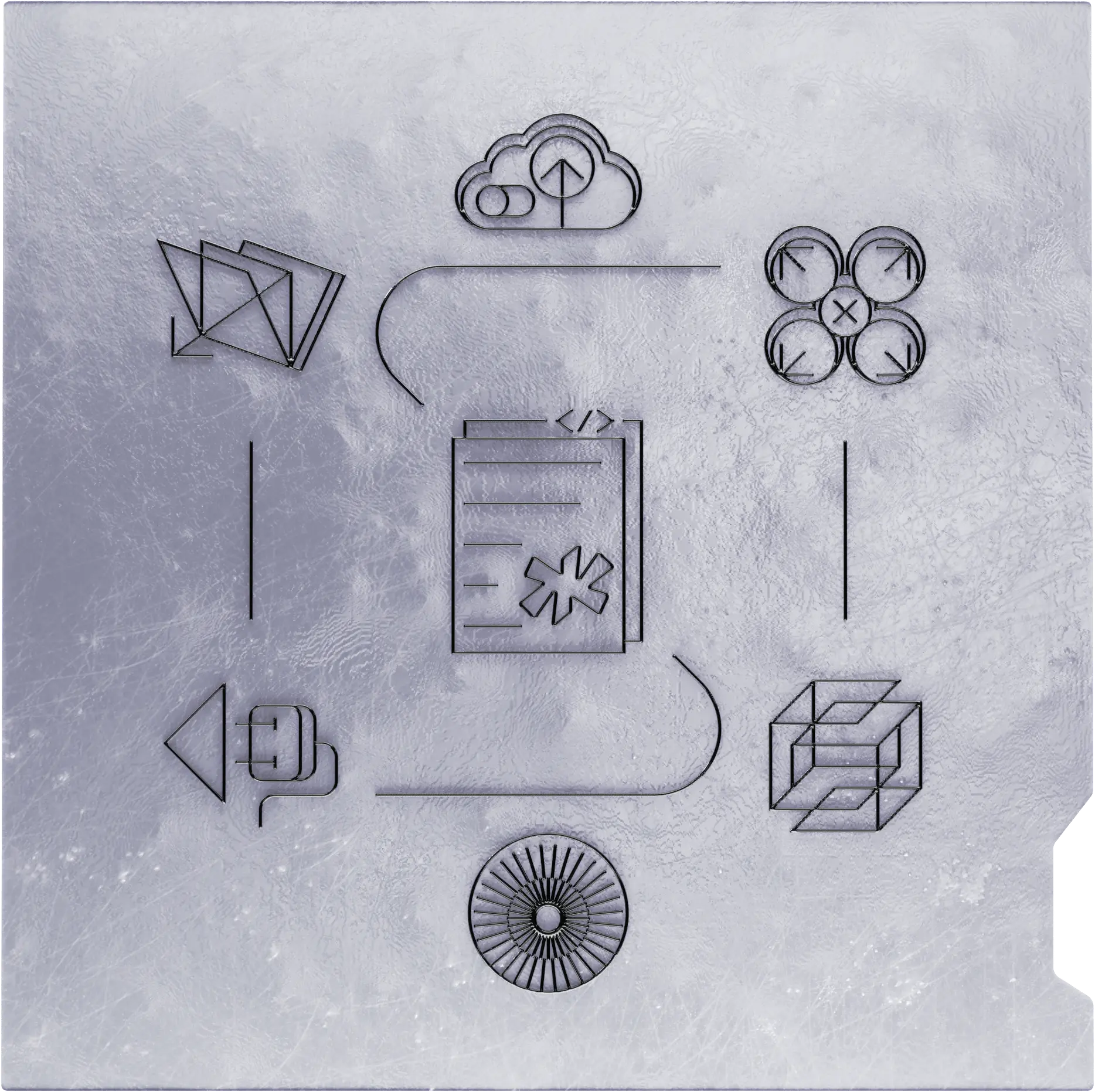




HowLyquorWorks
Fate-Constrained Ordering
Zero-Overhead State Access
Universal Procedure Call
Ethereum-Compatible by Default
Unlike subnets, parachains, or chain sharding which sacrifice composability for throughput, Lyquor preserves global ordering without requiring universal replication.
Forget about slots and serialization.
Lyquor gives each Lyquid a persistent, byte-addressable virtual memory space. No key hashing, no layout gymnastics.
Developers write functions in idiomatic Rust, access state as native in-memory variables, and enjoy fast, fine-grained execution with zero state overhead.
Off-chain logic in Lyquor are also resilient and composable.
With UPC, contracts can initiate distributed computation directly: from simple RPCs to threshold signatures and VRFs, all expressed in contract code without extra infra or layers. Fault-tolerant and programmable by design.
Despite being written in Rust and compiled to WASM, Lyquids expose standard Ethereum APIs like eth_call and eth_sendTransaction.
You can use MetaMask, Ethers.js, and your existing tooling. Zero learning process to empower your application with the next-gen efficiency and programmability.
Our Roadmap
Q3_2024
Company Founded
Q4_2024
Pre-seed round closed to accelerate core protocol development.
Q2_2025
Developer preview released with local devnet. Litepaper and tutorial release.
Q4_2025
LDK key tooling made available. Multi-node devnet.
Q1_2026
Seed round closed to accelerate protocol development and GTM strategy.
Q2-Q3_2026
Public testnet launches with selective hosting.
Q4_2026
The first and open-source AI orchestration example for LLM inference clusters.

